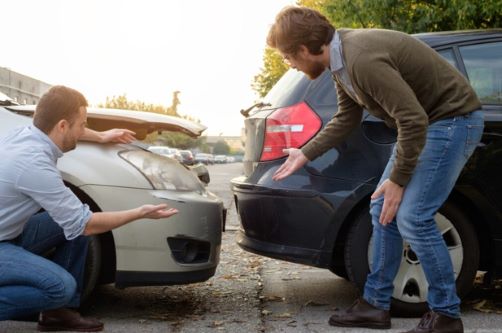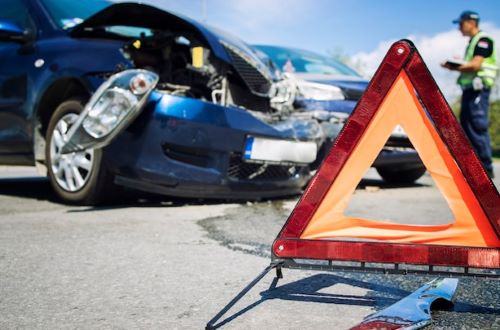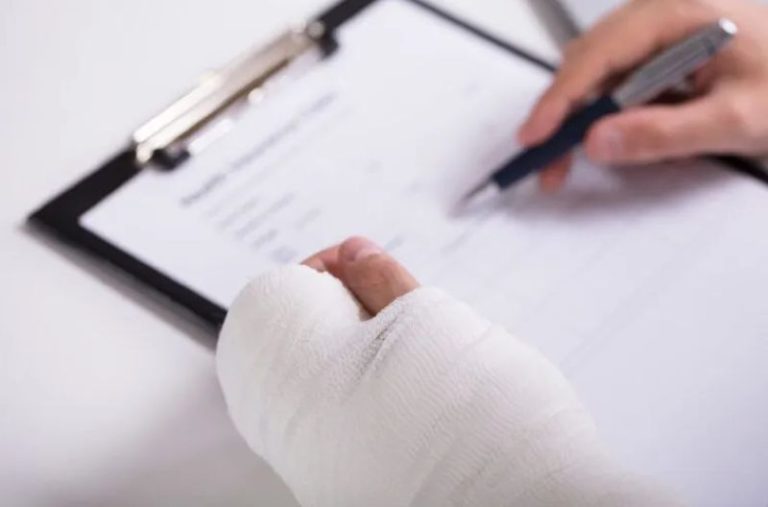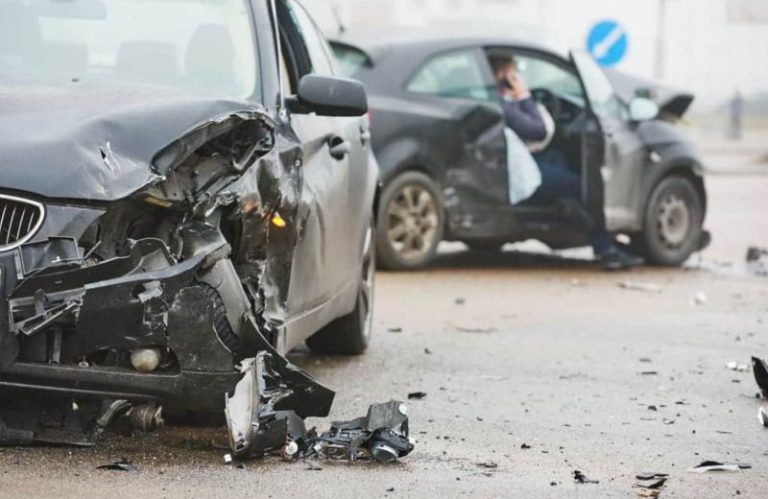

Minor car accidents happen a lot more often than severe crashes. These minor accidents can happen anywhere. Maybe a car backs out of a parking space and hits your bumper, or you get into a little fender bender while stopped at a red light. These accidents might seem so small that reporting them to the police or your insurance company isn’t necessary.
However, reporting the accident is a moral responsibility for victims because it ensures the safety of all parties. It’s a measure to protect yourself, regardless of severity or damage. Are you still unsure about reporting minor car accidents to the relevant authorities? This article discusses reasons to report the incident and provides actionable steps to those seeking knowledge.
Why Do Minor Car Accidents Need to be Reported?
Countless minor crashes occur every year in the US. Common locations for these incidents include parking lots, stop lights, and congested freeways. Regardless of where they occur, the reasons car accident lawyers want victims to report such incidents are:
1. Quick Medical Attention
Report minor vehicle collisions to ensure all parties involved get the necessary medical attention. Injuries like concussions, soft tissue damage, muscle pulls or twists, or internal bleeding might not be noticeable right away. However, a quick medical evaluation, including a visit to a car accident chiropractor, after reporting the incident can catch these issues before they become life-threatening.
2. Incident Documentation
Reporting a minor car accident helps the police file reports and documentation that provides a factual record of the incident. It helps in determining faults and liabilities. Even if the drivers cooperate, disputes about the cause of the accident can arise. When law enforcement is involved, they can:
- Interview drivers and witnesses.
- Record physical evidence like skid marks and debris.
This documentation protects you from false claims and disputes and is invaluable for legal action or insurance claims.
3. Legal Obligation and Consequences
Failing to report a minor car accident might have legal consequences. Many jurisdictions require victims to report any accident, no matter how little. This includes serious cases like DUI, where the assistance of DUI lawyers can be crucial, as they can ensure you meet all legal requirements and help mitigate potential consequences.
From minor bumper dents to injuries causing health or property damage, not calling the attention of necessary authorities can result in criminal charges. Further, it may lead to penalties or fines. Reporting fulfills legal obligations and protects you from potential legal trouble.
Being on top of local laws and regulations helps ensure that your response to an accident is both timely and compliant. Drivers who got in such a situation around Chatham County always hire a lawyer for car accident in Savannah to help them navigate post-accident procedures and defend against any claims. Legal guidance can be particularly helpful when there’s confusion over fault or when injuries are involved. Acting quickly with the right support can significantly reduce long-term complications.
4. Insurance Coverage and Claims
Reporting a minor car accident is crucial for dealing with insurance companies. Whether at fault or not, immediate reporting initiates the claims process. It ensures that you receive proper compensation within a short timeframe. Delays or failure to report may jeopardize your chances of covering damages or medical bills.
The Steps to Reporting Minor Car Accidents

Even when a car accident seems minor, reporting the situation is in your best interest, regardless of the damage. Below are steps for victims looking to take action.
- Exchange driver’s license information, insurance coverage details, and contact data of all parties involved in the accident.
- Take visible pictures of the damages and positions of the vehicles. Also, photos of the traffic signal location and anything relevant to the accident should be kept. You’ll need the pictures as proof to validate your claims for proper compensation from your insurance.
- Call local law enforcement to the scene, enabling the preparation of a police report and avoiding detailing the incident to anyone on the scene.
Depending on the accident location and state laws, you may need to report to the following authorities:
- Your insurance company
- County sheriff
- Highway Patrol
- The municipal police department
- State police
- The department of motor vehicles.
For example, in New York, drivers must report a crash to the local police or New York State Department of Motor Vehicles (DMV) within ten days if injuries, death, or property damage exceed $1,000.


